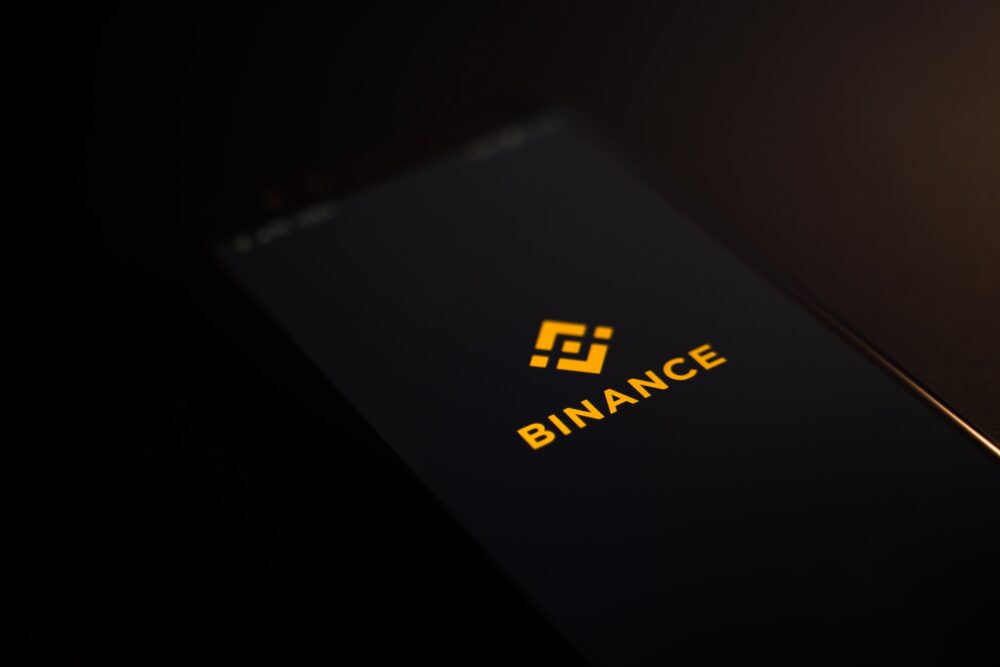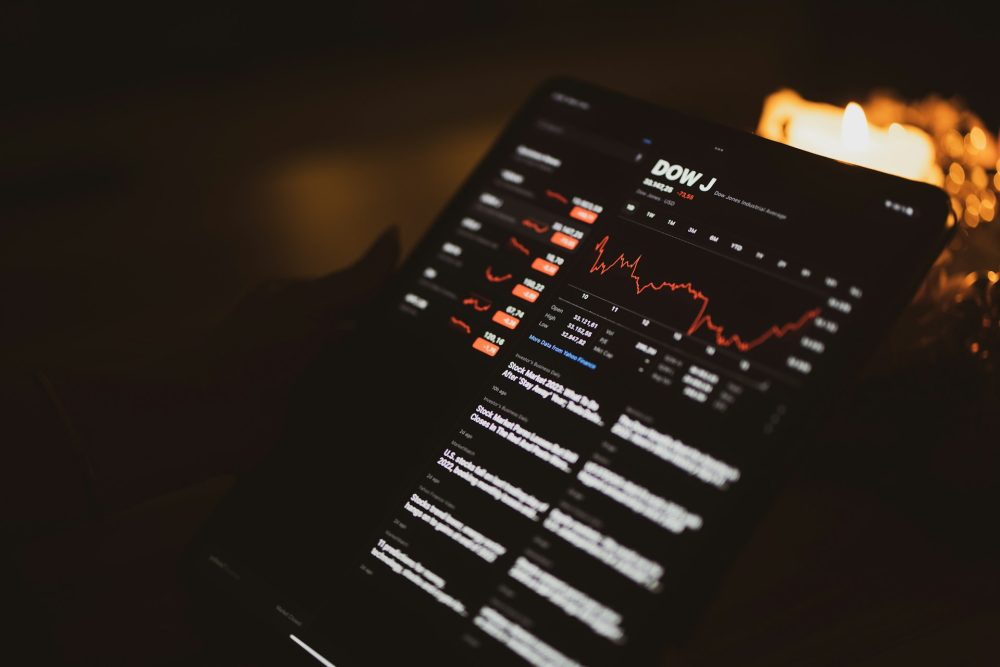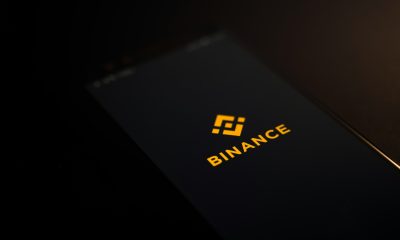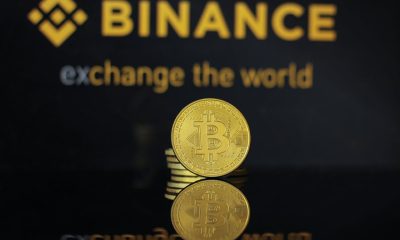Crypto
Monero, Zcash and Other Privacy Coins Threatened with Delisting from Binance
More than 20% of global trading in Zcash and Monero takes place on Binance. A delisting could impact the price curves of ZEC and XMR. There are also fears in the communities that other large crypto exchanges such as Kraken could also give in when it comes to privacy coins. Whether a system with special “exchange addresses” like FIRO represents a solution remains an open question for the time being.

Monero (XMR) and Zcash (ZEC) are the best known among the so-called privacy coins, which promise anonymous handling. Now the world’s largest crypto exchange Binance is thinking about delisting it.
When Binance underwent a change in leadership in November 2023 due to pressure from the US judiciary, it was clear to the new CEO Richard Teng from day one: the world’s largest crypto exchange should avoid further trouble with regulatory and law enforcement authorities under his leadership. Now a step at Binance seems to be on the horizon that could mean premature obedience. Because Binance has announced that Monero (XMR), Zcash (ZEC) and other so-called privacy coins are under special observation and that they could be delisted.
Read more about Monero and find the latest business news of the day with the Born2Invest mobile app.
Monero (XMR) is considered a pioneer of privacy coins with a system in which transactions are automatically anonymized
At Zcash, even the world-famous whistleblower Edward Snowden took part in the launch. Other privacy coins that Binance now wants to take a particularly close look at are Horizen (ZEN) and FIRO. Binance vaguely says that cryptocurrencies must be “a contribution to a healthy and sustainable crypto ecosystem” in order to meet the criteria for further listing.
Monero and Co. are a thorn in the side of the judiciary because they are theoretically ideal for conducting illegal business. On the other hand, many users simply claim that they want to maintain their privacy when it comes to money and therefore rely on Monero, Zcash or other privacy coins. The anonymity of users that is often assumed with Bitcoin (BTC) is no longer present; forensic experts can trace transactions there using wallet addresses and public blockchain data.
Meanwhile, FIRO proposes in a blog post to create a system of “exchange addresses”. The concept behind this is that users can use separate addresses if they are willing to identify themselves. With such a balancing act between “exchange addresses” and the previously anonymous ones, FIRO wants to forestall delistings.
No matter how anonymous transactions with Monero and other privacy coins are organized – without an option to sell the investments again for fiat on a crypto exchange, privacy coins lose their special appeal. An alternative option are decentralized crypto exchanges (DEX) and a few trading platforms that do not require proof of identity (KYC).
Conclusion: Privacy coins like Monero (XMR) and Zach (ZEC) under pressure
More than 20 percent of global trading in Zcash and Monero takes place on Binance. A delisting from Binance could impact the price curves of ZEC and XMR. There are also fears in the communities that other large crypto exchanges such as Kraken could also give in when it comes to privacy coins.
Whether a system with special “exchange addresses” like FIRO represents a solution remains an open question for the time being. But the times in which Monero, Zcash and related altcoins belong as a matter of course in the portfolio of leading global crypto exchanges seem to be coming to an end.
__
(Featured image by Vadim Artyukhin via Unsplash)
DISCLAIMER: This article was written by a third party contributor and does not reflect the opinion of Born2Invest, its management, staff or its associates. Please review our disclaimer for more information.
This article may include forward-looking statements. These forward-looking statements generally are identified by the words “believe,” “project,” “estimate,” “become,” “plan,” “will,” and similar expressions. These forward-looking statements involve known and unknown risks as well as uncertainties, including those discussed in the following cautionary statements and elsewhere in this article and on this site. Although the Company may believe that its expectations are based on reasonable assumptions, the actual results that the Company may achieve may differ materially from any forward-looking statements, which reflect the opinions of the management of the Company only as of the date hereof. Additionally, please make sure to read these important disclosures.
First published in BLOCK-BUILDERS.DE. A third-party contributor translated and adapted the articles from the originals. In case of discrepancy, the originals will prevail.
Although we made reasonable efforts to provide accurate translations, some parts may be incorrect. Born2Invest assumes no responsibility for errors, omissions or ambiguities in the translations provided on this website. Any person or entity relying on translated content does so at their own risk. Born2Invest is not responsible for losses caused by such reliance on the accuracy or reliability of translated information. If you wish to report an error or inaccuracy in the translation, we encourage you to contact us

-

 Cannabis2 weeks ago
Cannabis2 weeks agoCannabis Clubs Approved in Hesse as Youth Interest in Cannabis Declines
-

 Business8 hours ago
Business8 hours agoThe Dow Jones Teeters Near All-Time High as Market Risks Mount
-

 Crowdfunding1 week ago
Crowdfunding1 week agoWorld4All, a Startup that Makes Tourism Accessible, Surpasses Minimum Goal in Its Crowdfunding Round
-

 Crypto4 days ago
Crypto4 days agoThe Crypto Market Rally Signals Possible Breakout Amid Political Support and Cautious Retail Sentiment
























